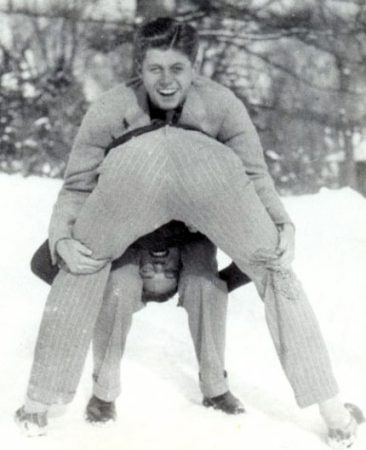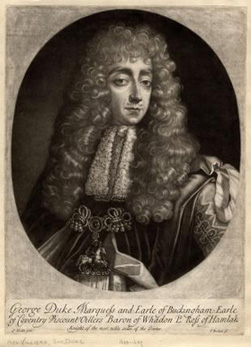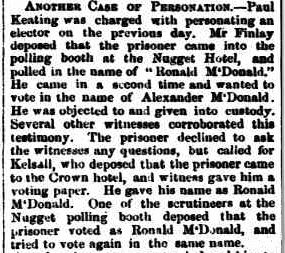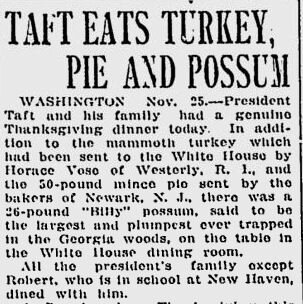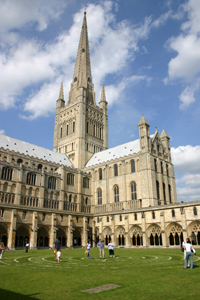
In 1637, an order from Charles I required members of the Norwich municipal corporation to attend cathedral services, if they weren’t doing so already.
This order posed problems for the mayor and aldermen, who petitioned the king for an exemption from attending services in the city’s cathedral. Their “Humble Petition” cited “inconveniences thereof [that were] many and intolerable”. According to members of the corporation, their low seats in the cathedral were subject to gusts of freezing wind.
Not only that, the ordinary folk of Norwich, who were none too fond of the corporation, occupied the seats in the upper galleries. This gave them a vantage point for pelting city officials with anything they could find, from shoes to excreta:
“There be many seats over our heads and are oftentimes exposed to much danger… In the mayoralty of Mr Christopher Barrett a great Bible was let fall from above and hitting him upon the head, broke his spectacles… Some made water in the gallery on the aldermen’s heads and it dropped down into their wives’ seats… In October last Alderman Shipdham, somebody most beastly did conspurcate and shit upon his gown from the galleries above… some from the galleries let fall a shoe which narrowly missed the mayor’s head… another time one from the gallery did spit upon Alderman Barrett’s head…”
The king denied their request for exemption. It is not known if the Norwich elders followed the order and braved the masses in the cathedral.
Source: Tanner manuscripts, Bodleian Library; v.220, f.147. Content on this page is © Alpha History 2019-23. Content may not be republished without our express permission. For more information please refer to our Terms of Use or contact Alpha History.


